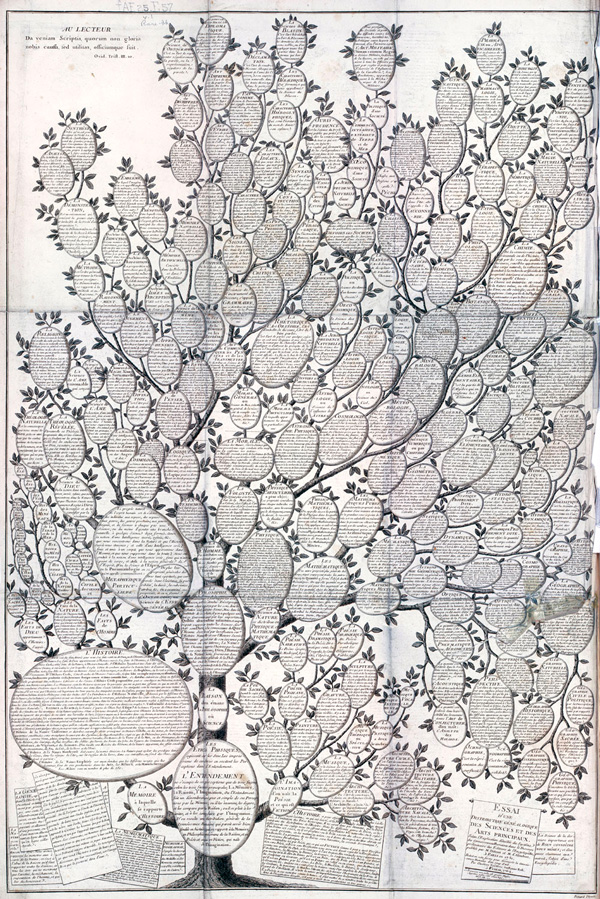
For your summer reading pleasure and in the context of the ever rising importance of critically thinking through classification, here is my complete qualifying exam list on HISTORY OF CLASSIFICATION AND INFORMATION.
Cindy Nguyen
Examiner: Cathryn Carson
Second Field: History of Knowledge Systems
History of Classification and Information
1. STS & Memory Practices: Classification, Documentation, Catalogs, Libraries, Archives
2. History of Information, Information Age, Enlightenment Institutions
3. History of statistics: governance and discipline
4. Data Science: theory, explanation; experts
Continue reading “History of Classification and Information Reading List”











